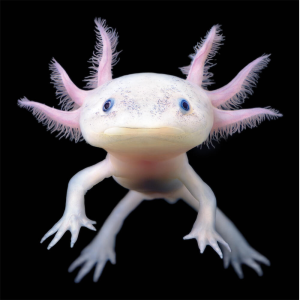I might just say, you're not selling that book.And you reminded me somehow of a paper by Haight and Hersch called Emotional Dog and its Rational Tail. It's about human moral judgements, and it's a bit hard to read, not because of its language, but due to what it discusses. They basically had a set of stories where people do things everyone agrees is morally wrong. The trick is, in their examples, nobody was harmed and nobody else knows what that person did. The tamest one involves a guy disposing of his old torn American flag. He burns it in secret. This elicits a pretty strong negative emotion in you know what people. They get asked why it is wrong, and struggle to give any example of real harm caused. In spite of being shown there was no harm done, they still cannot accept it as anything but immoral. But, yeah, skip reading that if you can.
Way back when I was too young to be educated, I was exposed to social theory and the like. Bits have clung to memory, though I'd not even try to cite references. Some of those experiments to see how willing participants were to inflict injury on others were interesting, as were the factors that either diminished or escalated that willingness. Another one was looking at the behaviour of college students set the task of being either wardens or prisoners in a simulated prison environment. I'd go back to check them out only now I'm too old to be educated.The point here is we are full of vestiges of our crocodile and caveman brains. Like being all horrible racists. If caveman you comes across another cave human that looks different from you and your tribe, you better kill him before he kills you. You don't really have time to sit and philosophise about it. Game theory tells us that's the best course of action. Payoff of maybe trading for a seashell (0.5) v the payoff of being dead (infinity). So maybe that's why 'civilisation' evolved. We'd trade part of our autonomy for protection against stronger people wielding theirs. Which leads to 'politics' - how much of this autonomy do we give up. And how much 'protection' do we get in return? We started running the numbers for ourselves, now and then. Well that's my hot take.
Happily enough, we've all learned to get along like a house ablaze, and live in the most peaceful time in the history of our species by far.


